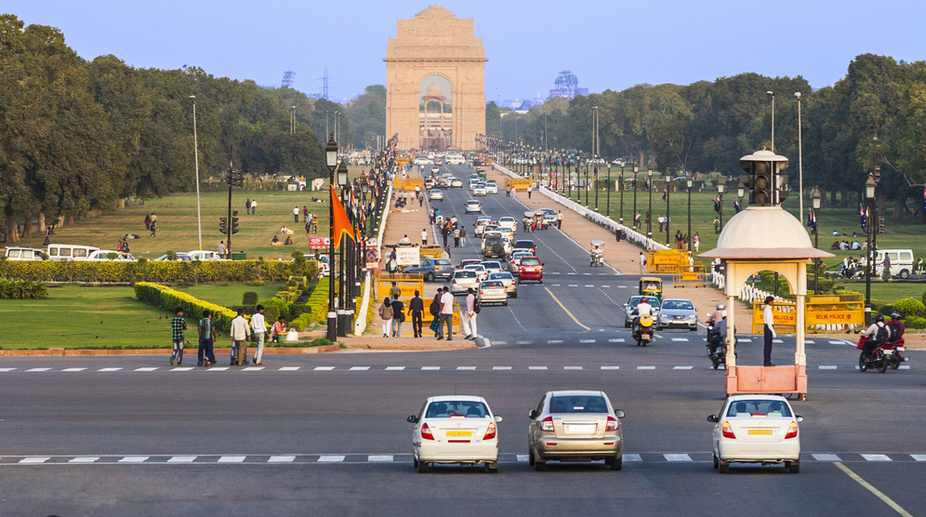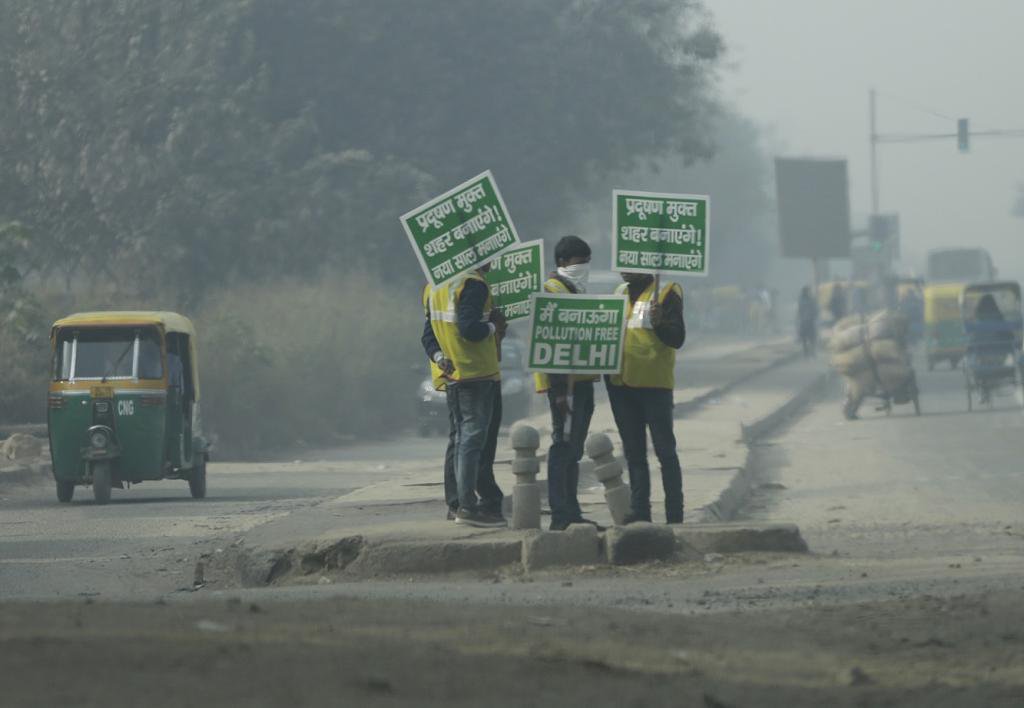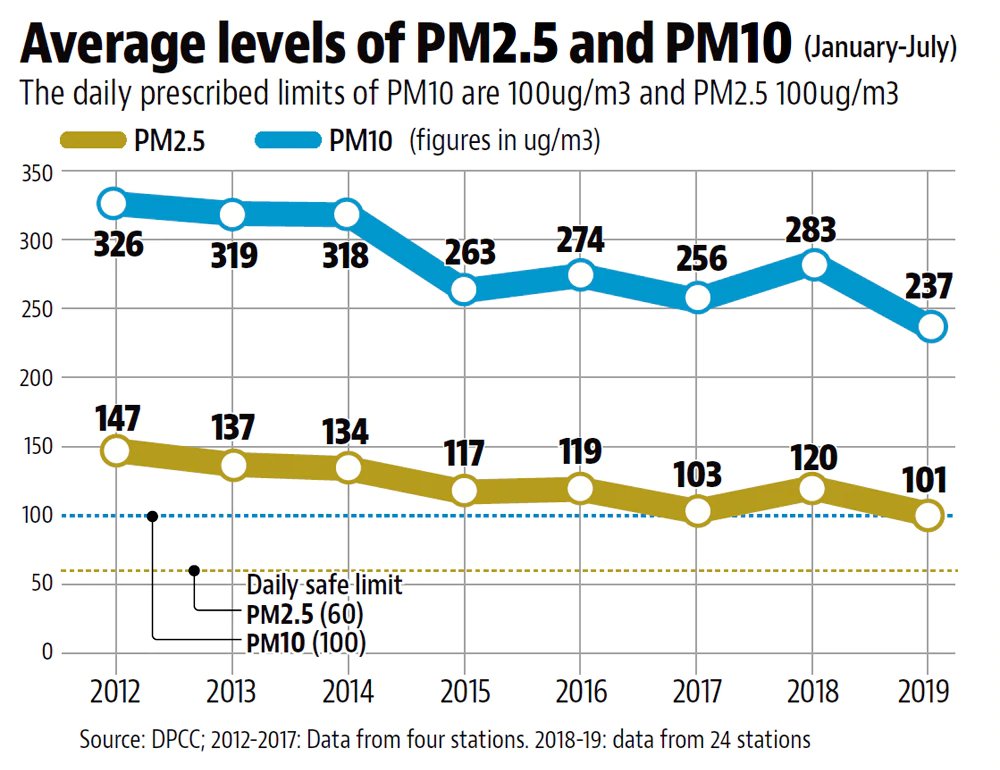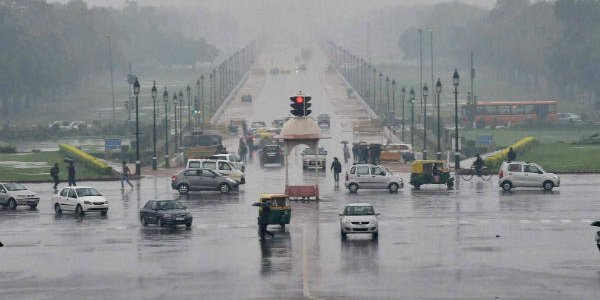According to the Delhi Pollution Control Committee (DPCC), the average air pollution levels in the first seven months of this year have been the lowest, compared to the same period in the past few years, since 2012. Experts have attributed the drop in pollution levels to a series of anti-pollution measures initiated both by the Centre and the Delhi government.
Delhi, often called one of the most polluted cities in the world, has been breathing easy this year. 2019 has witnessed Delhi’s cleanest air in the last 8 years.

Despite this fact, the levels of particulate matter (PM) in Delhi’s air is still around 2-3 times higher than the prescribed limits.

MP George, a scientist with DPCC said,
The levels of PM10 and PM2.5 – the two critical pollutants of Delhi – have been the lowest for the period of January to July when compared to previous years. This has been possible because of several measures that have been undertaken over the past two years at least.

According to the Central Pollution Control Board (CPCB), the PM2.5 levels in Delhi dropped by 7.3% in 2018 when compared to 2017 and by 14.8% over 2016. Similarly, reduction in PM10 levels in 2018 is 8.6% over 2017 and 16.5% over 2016. A CPCB official said,
In August, we have been experiencing ‘satisfactory’ air quality in the last ten days. The AQI has been staying between 55 and 70 over the past few days mainly because of meteorological conditions – rain and winds. The best air quality of this year so far was experienced on August 12, when the AQI dropped to 57.


















